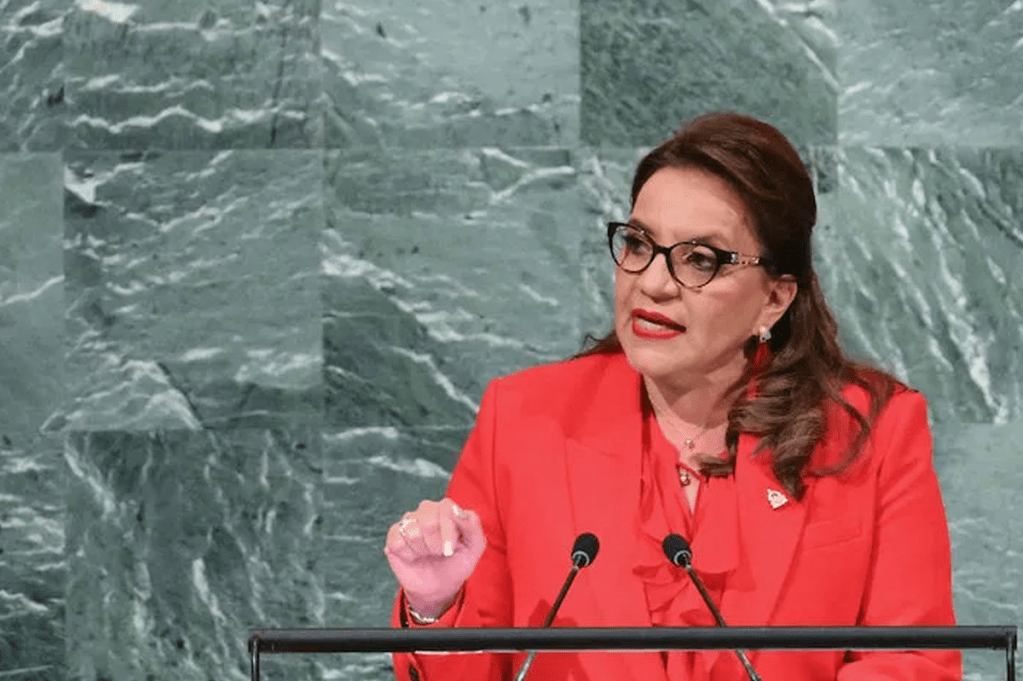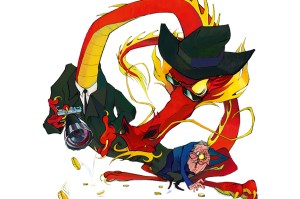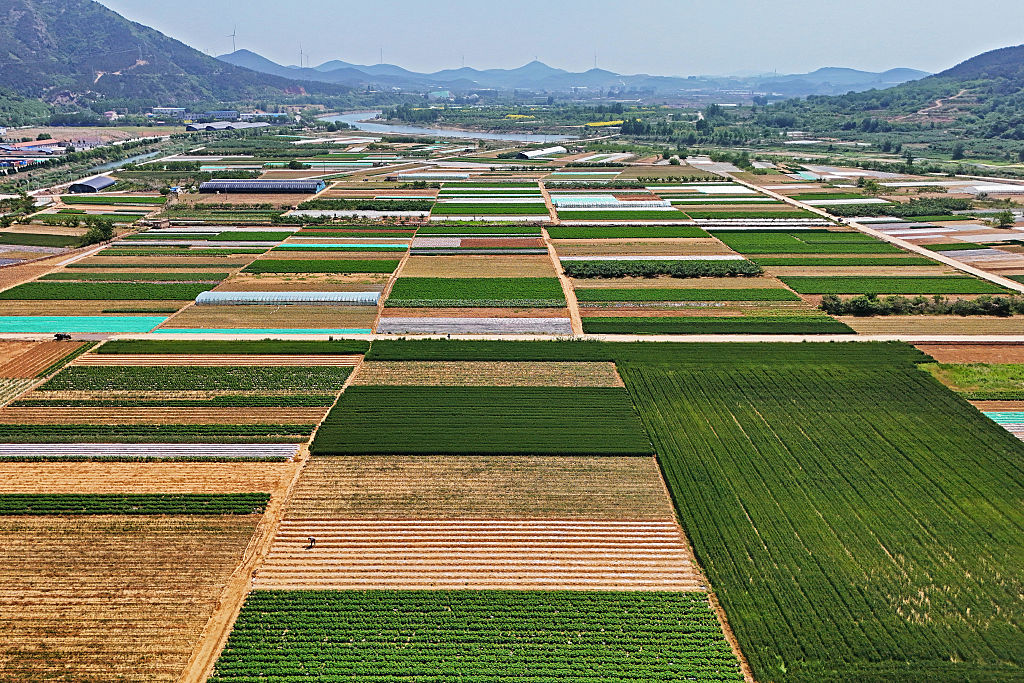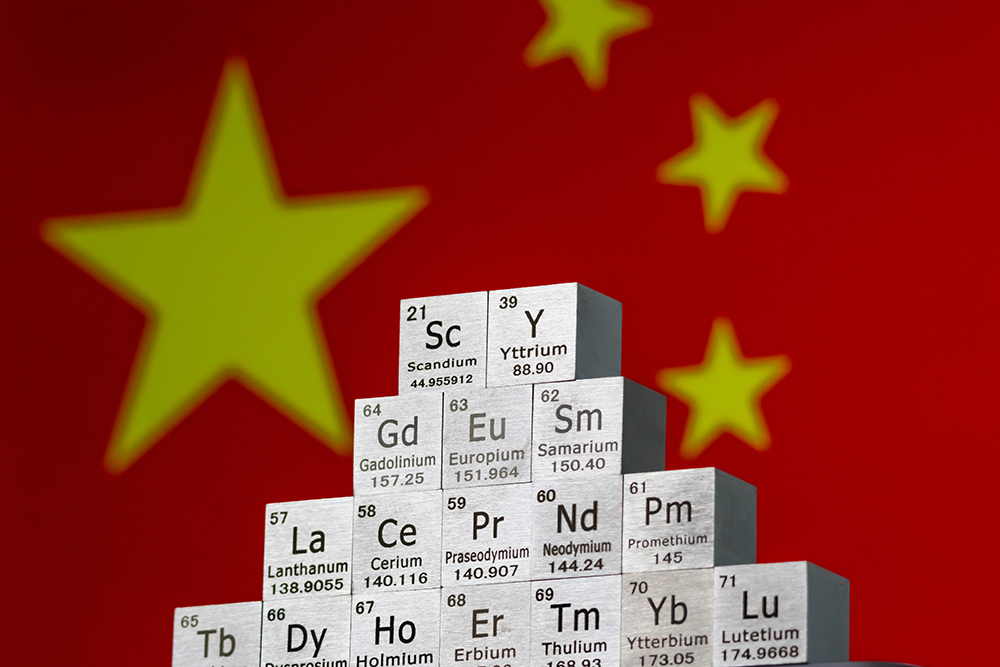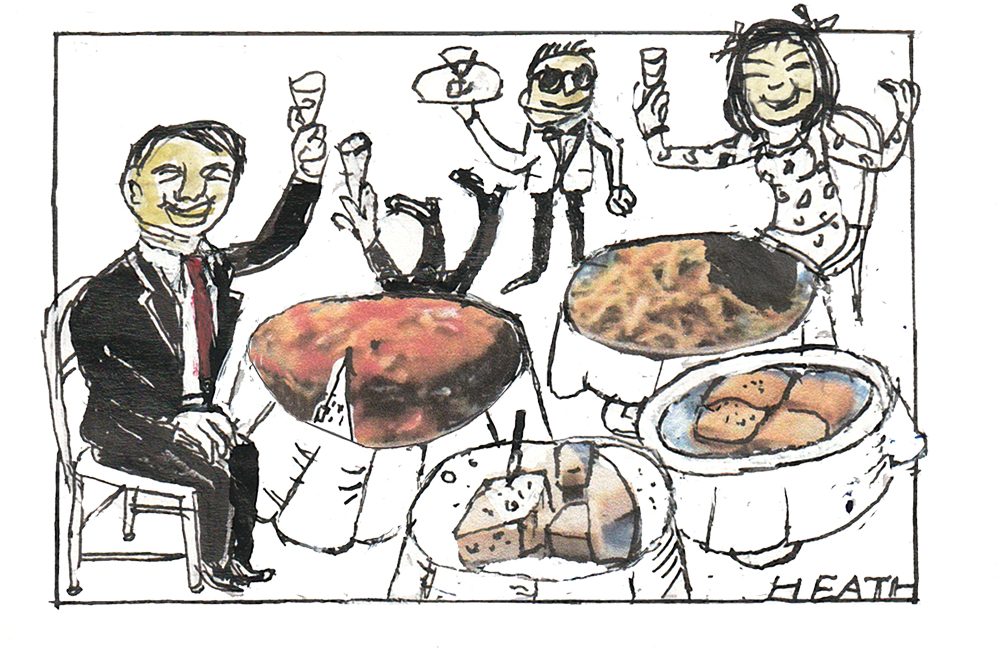Taiwan has lost another friend. Or at least it soon will, according to the president of Honduras, Xiomara Castro. She says her country will formally withdraw its diplomatic recognition of Taiwan, in favor of recognizing China. If this happens, it will leave only thirteen countries (and the Holy See) who recognize Taiwan as independent and sovereign.
Support for Taiwan appears to be dwindling — just as the Chinese Communist Party would wish. But there is a slight wrinkle here. This to-ing and fro-ing about diplomatic recognition emerges not from ordinary diplomacy, but instead one of the absurder aspects of international politics. Recognizing either China or Taiwan is an old problem, one springing from the “one-China policy” of the last Cold War.
In that period, both the Beijing and Taipei governments claimed sovereignty and legitimacy over all of China and Taiwan. The Republic of China (Taiwan’s formal name) held the UN seat and security council place, which is currently occupied by the People’s Republic, until 1971.
Ever since, “Red China” has held a growing stranglehold on diplomatic recognition worldwide. And it has worked hard — in keeping with its general plan to reconcile Taiwan to “unification” with the mainland by fair means or by foul — ever since to squeeze those friends of Taipei into withdrawing their recognition and handing the kudos and status to Beijing.
Recent converts to Beijing’s line include Nicaragua, El Salvador, Panama and the Dominican Republic, all of whom have changed their minds within the past five years. Honduras is merely the latest in this Central American campaign.
As a result of its diplomatic status, Taiwan cannot be a member of international bodies like Interpol and the World Health Organization (in the latter of which, its voice would have been handy during the Covid years). Its athletes must submit to a dance of nomenclature before they can compete in the Olympics (are they representing “Chinese Taipei” or some other confection?). Taiwan has few embassies, making do with well-resourced and spacious “representative offices” in countries such as Britain instead.
In recent years, the Communist Chinese campaign to divest Taiwan of its remaining friends and allies seems to have gathered pace.
In the Caribbean, this has been especially obvious. The islands host most of the countries who still recognize Taiwan, and one by one, with Chinese loans and other inducements, those endorsements are slowly being peeled away.
Think-tankers like Rasheed Griffith estimate that, with the Chinese Belt and Road initiative offering billions of dollars for infrastructure projects and other things — and with Chinese officials sending their people to train troops, police forces and civil engineers in the Americas — the prospect of Taiwan being recognized by many nations in the region in the decades to come seems remote.
Taiwan has tried to make the most of its Caribbean allies while it has them, strengthening cultural and economic ties while they last, making investments and gifts and distributing natural disaster relief before Beijing had got its regional boots on. But cold, hard cash begins to tell eventually.
Those allies who remain are money hungry. Paraguay’s leader, Mario Abdo Benítez, has said that its diplomatic recognition is explicitly for sale: Taiwan must invest a billion dollars in his country, or else the ROC can wave diplomatic relations goodbye.
The recent withdrawal of diplomatic recognition might seem a great shame. Some American advocates on Taiwan’s behalf are not sanguine; they talk sniffily about betrayals and filthy lucre.
Some of the diplomatic wranglers themselves are mealy-mouthed about their reasoning: “We’re not looking to break our relationship with the United States,” Honduras’s foreign minister, Enrique Reina, told a local TV station this week. “We’re looking at how to make the most of being a sovereign nation that can benefit from a relationship with continental China.” Perhaps squeezing every penny from both superpowers along the way is the plan?
All of this is increasingly silly. Or at least it would be so if it were not so dangerous. Taiwan is led by a party, the Democratic Progressive Party, which has no interest in ruling China across the Taiwan Strait. Its leaders thread a careful and knotty line: they say there is “no need” to declare formal independence as Taiwan alone, not as China in name or mind — but this does not mean they would not do so if they could.
The reason they cannot is the PRC. Red China, and its three-term president-for-life Xi Jinping, is the unknown factor. What he wants is very commonly known. “Reunification” by hook or by crook; invasion if necessary, blockade if not; immiseration, poverty and war. That’s what worries Taiwan’s leaders: not, with all due respect, whether Honduras affords Taipei’s envoy the formal status of ambassador.
This article was originally published on The Spectator’s UK website.



